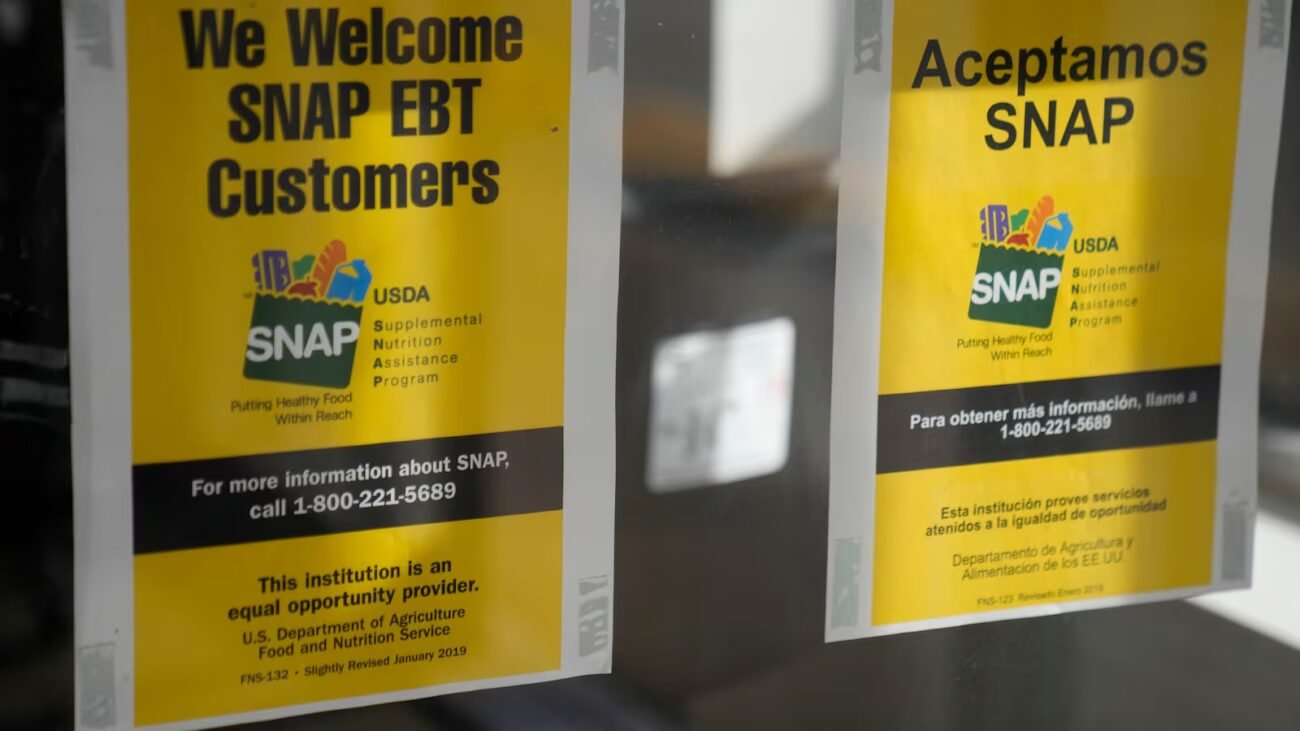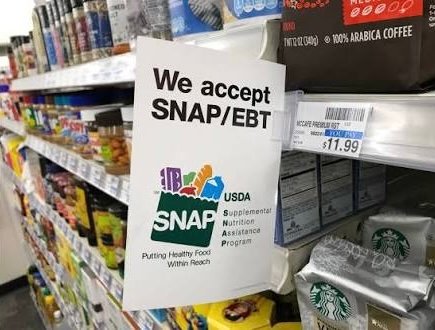The U.S. Department of Agriculture is implementing sweeping changes to the Supplemental Nutrition Assistance Program (SNAP) under President Donald Trump’s July megabill, widely branded by supporters as the “Big Beautiful Bill.” The new rules dramatically tighten eligibility and expand work mandates, marking one of the most significant overhauls to the program in decades.
Under the law, work requirements for able-bodied adults without dependents now apply to people ages 18 to 65, up from the previous 18 to 55 range. Recipients must work or participate in a qualifying activity at least 80 hours per month to keep their benefits. Parents and other household members are also newly subject to these requirements if a child in the home is 14 or older, lowering the previous cutoff age of 18.
Individuals deemed “physically or mentally unfit for work” will continue to be exempt, but the list of who qualifies for exemptions has narrowed sharply. The law eliminates longstanding exemptions for veterans, unhoused individuals, and young adults who recently aged out of foster care. It also blocks states from temporarily extending benefits in areas facing chronic unemployment, a tool states have frequently relied on during economic downturns.
The bill makes a notable change to SNAP’s deductions as well: only households with a disabled or elderly member will automatically qualify for the Standard Utility Allowance (SUA) if they receive LIHEAP or similar energy assistance.
Students eligibility and exemption requirements for SNAP benefits is still the same. Students enrolled at least half-time must meet a “student exemption” to be eligible. These exemptions include working at least 20 hours per week, participating in a state or federally funded work-study program, having a mental or physical disability that limits the ability to work, caring for a young child (such as a child under 6 or a child aged 6–11 when no child care is available), being a single parent enrolled full-time while caring for a child under 12, or participating in certain approved job-training or education-training (E&T) programs.
According to projections from the Congressional Budget Office, the policy shift is expected to lead to 1.1 million people losing SNAP benefits between 2025 and 2034, as reported by ABC News.
The megabill also institutes sweeping restrictions on non-citizen eligibility, cutting off SNAP access for refugees, asylum seekers, human trafficking survivors, and certain humanitarian visa holders – a reversal of decades of federal precedent. Approximately 90,000 people in these groups are expected to lose eligibility, according to USA Today. Those who remain eligible include lawful permanent residents after a five-year wait, Cuban and Haitian parolees, and migrants covered under the Compact of Free Association (COFA).

Immigrant and anti-hunger advocates warn that the changes will have far-reaching effects.
“These policies are both mean-spirited and counterproductive,” said Naomi Steinberg, vice president of U.S. Policy and Advocacy at HIAS (Hebrew Immigrant Aid Society) in a statement. She emphasize in her statement that denying refugees and asylees, who are just getting their feet footing in the United States, undermines their ability to achieve stability and self-sufficiency.
The USDA is expected to continue rolling out the changes state by state over the coming months.


